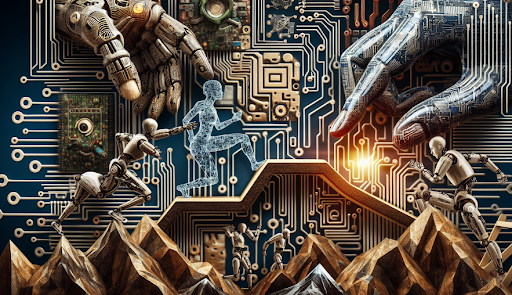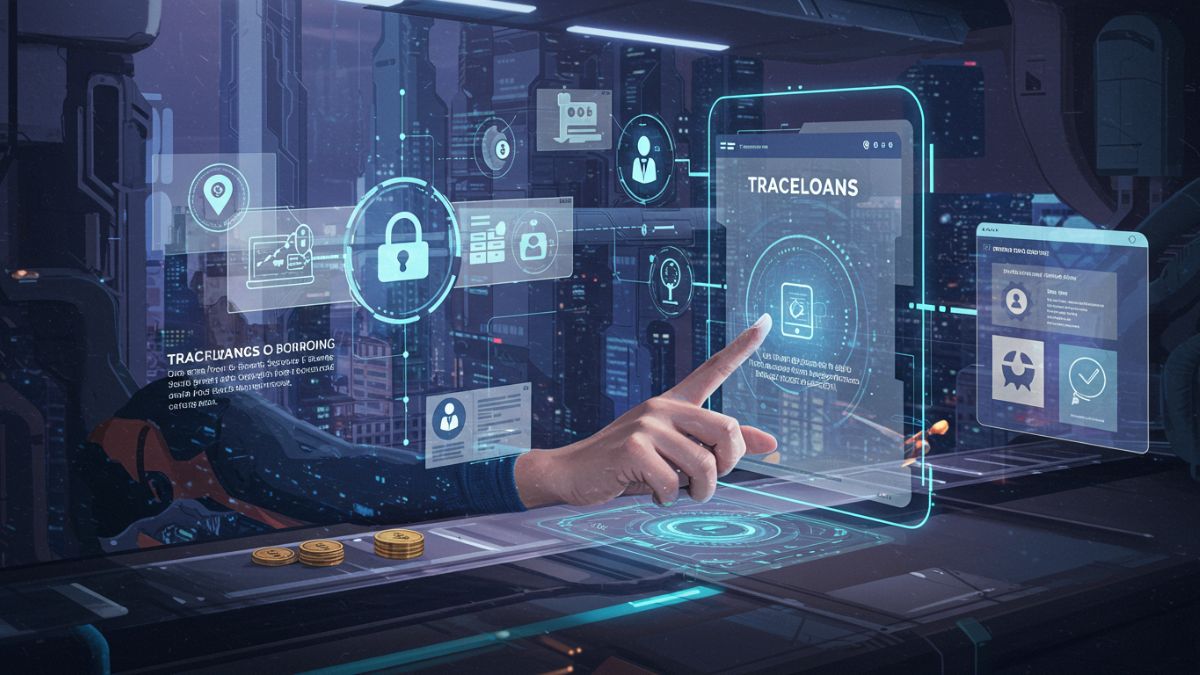Whereas we are seeing quick headways in AI, it’s vital to recognize that there are still numerous challenges to overcome some time recently AI can reach its full potential.
Challenges in the Age of AI
1. Data Privacy and Security
One of the greatest concerns encompassing AI is the issue of information security. AI frameworks depend on tremendous sums of information to memorize and move forward, but where that information comes from and how it is put away and secured is vital. Fumble of information can lead to security breaches, unauthorized get to, and misfortune of belief among clients. Striking an adjustment between information utilization and privacy is one of the biggest challenges for the proceeded advancement of AI.
2. Bias in AI Models
Another critical challenge is the nearness of predisposition in AI calculations. AI models are prepared on verifiable information, and on the off chance that that information contains biases—whether they relate to race, gender, or other factors—those biases can be reflected within the AI’s yields. This could lead to unjustifiable or unscrupulous choices made by AI frameworks. Guaranteeing reasonableness and minimizing inclination may be a basic assignment that engineers must center on.
3. Job Displacement and Economic Impact
Whereas AI is driving efficiency and proficiency, it is additionally raising concerns about work relocation. As AI devices computerize errands that were once performed by people, numerous stress that this will lead to work misfortunes, especially in businesses that depend intensely on scheduled work. The challenge lies in how society can adjust to these changes—whether by upskilling laborers, making modern work openings, or finding ways to coordinate AI into existing workflows without causing widespread disturbance.
4. Understanding and Trust
As AI grows more complex, so does the challenge of understanding how these systems work. Many AI models, especially those based on deep learning, function as “black boxes,” meaning that even the developers may not fully understand how they make specific decisions. This lack of transparency can make it difficult to trust AI in critical applications like healthcare, law, or finance, where explainability is crucial.
5. Ethical Dilemmas
There are also ethical questions about the use of AI. For example, should AI systems be allowed to replace humans in roles that require empathy and emotional intelligence, such as caregiving or counseling? Should AI-generated content, such as news articles or social media posts, be labeled as such? These are important questions that will shape the future development of AI.
The Rise of Specialized AI Tools
With all these challenges in intellect, it’s empowering to see that numerous modern AI apparatuses are being created to address particular needs and make strides in client encounters. One such apparatus is PopAi.
PopAi takes a more user-centric approach, advertising highlights that help clients tap into the control of AI without requiring them to be specialists in innovation. What makes PopAi stand out is its versatility—it can be utilized for substance era, information examination, and indeed trade decision-making. It coordinates well with other stages and is planned to be accessible even to those who are not tech-savvy. This center on convenience without relinquishing execution is key in making a difference more individuals embrace AI without being overpowered by its complexity.
Conclusion
In many ways, we are in fact living within the age of AI. With devices like ChatGPT, Poe, and PopAi, fake insights are getting to be more coordinated in our day-by-day lives. Be that as it may, critical challenges stay, especially around information protection, predisposition, work relocation, and moral concerns.
As AI continues to evolve, so too will the tools and platforms that support it. PopAi is a promising addition to the growing AI ecosystem, offering a practical and accessible way for users to benefit from AI technology. As more people and businesses adopt these tools, we will undoubtedly see AI continue to shape the future of work and society.











